Description
- — Kosher, Non-GMO, Organic, Raw, Vegan
- — Very Low in Cholesterol, Sodium, Saturated Fat
- — Good Source of Protein, Calcium, Iron, and Manganese
- — Whole Grain – Naturally Rich in Fiber and Nutrients
- Baking
- Casseroles
- Grain Bowl
- Granola
- Pilaf
- Porridge
- Risotto
- Salads
- Side Dish
- Soups
- Stews
- Stir Fry
Organic Couscous is an unusual type of pasta. It comes from semolina rolled into tiny pellets and dried so that it can last for many months. This dish originated from North Africa, but today it is prevalent all over the Mediterranean and became a staple in many European cuisines. Food To Live Organic Couscous is a universal product that can be served with almost anything, including fish, meat, vegetables, nuts, and fruits.
Organic Couscous: Nutrition Facts and Benefits
Organic Couscous is right for you as it gives you a boost of energy without causing a sudden spike in blood glucose. This product is low in calories with a cup of cooked pasta offering about 170kcal. It also contains a variety of nutrients, including iron, calcium, and selenium. Due to its protein content (6g per cup), organic Couscous is a valuable food for vegans and bodybuilders. Combine it with vegetables or legumes to get a hefty dose of ‘complete’ easily digestible proteins. Organic Couscous can be 100% vegan as long as you don’t use any animal products while cooking it. Bear in mind that the couscous carbs content is relatively high because it’s pasta. Therefore, you shouldn’t overeat this delicious food.
Organic Couscous: Gluten-Free or Not
Traditional organic Couscous is made of whole wheat, so it contains gluten. However, today, there are some gluten-free couscous varieties, including organic brown rice couscous, millets, and some types of organic pearl couscous (also called Israeli Couscous). These products taste a bit different and have a different nutritional value as well as cooking instructions

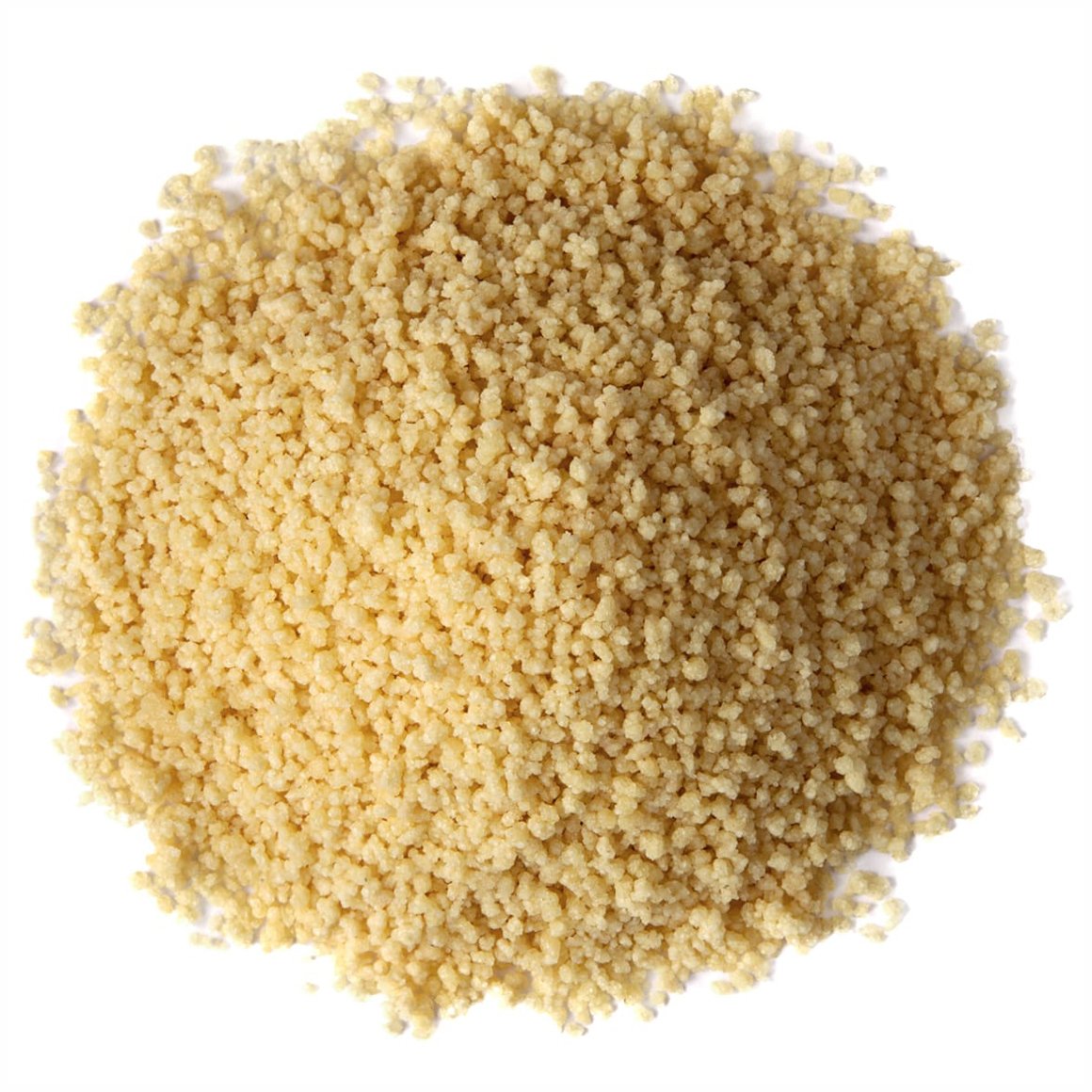
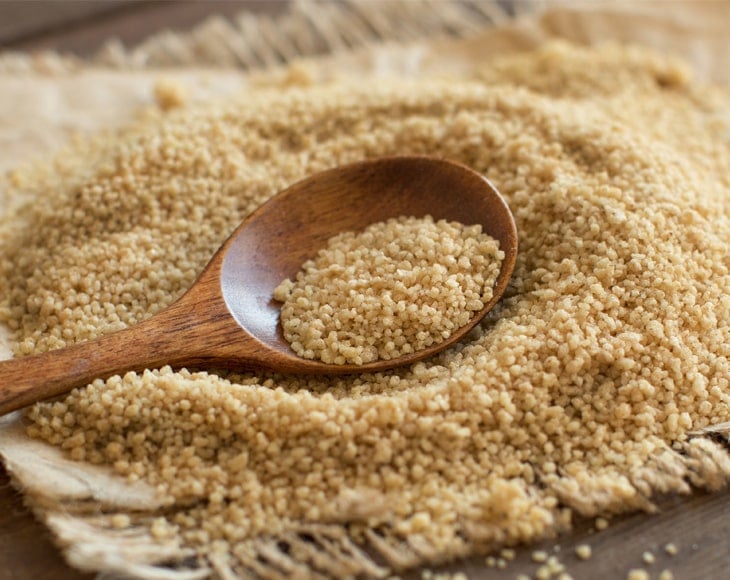
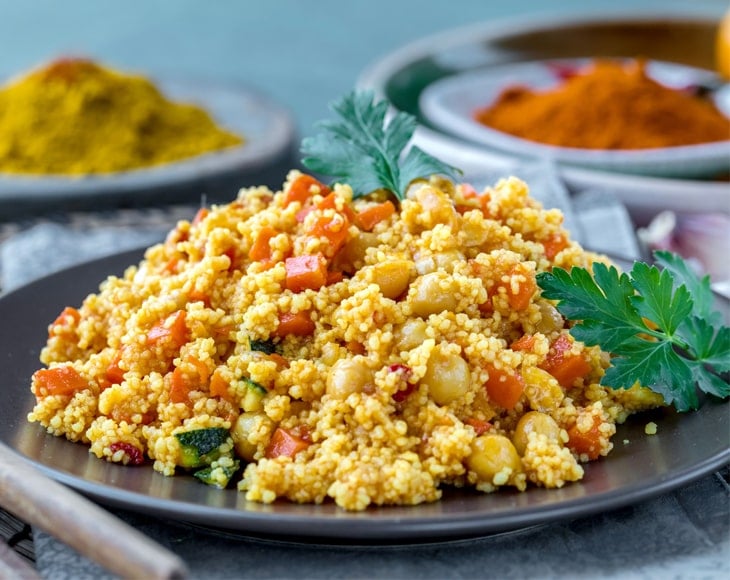
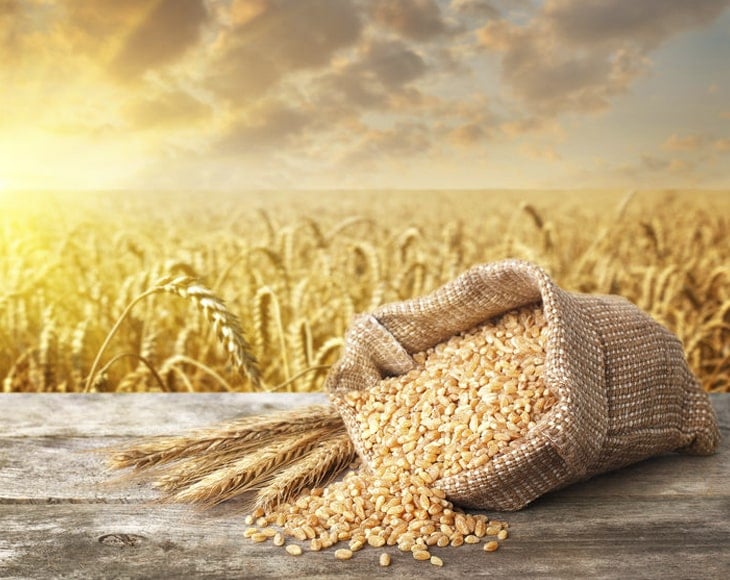

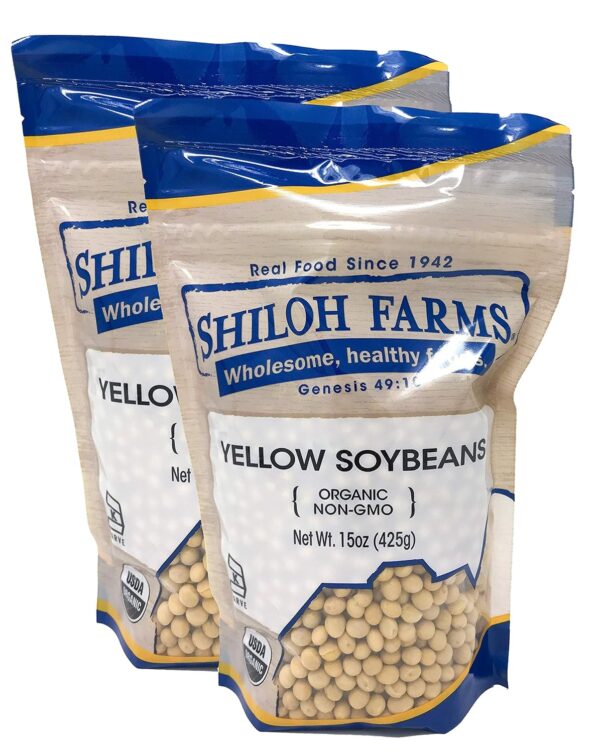
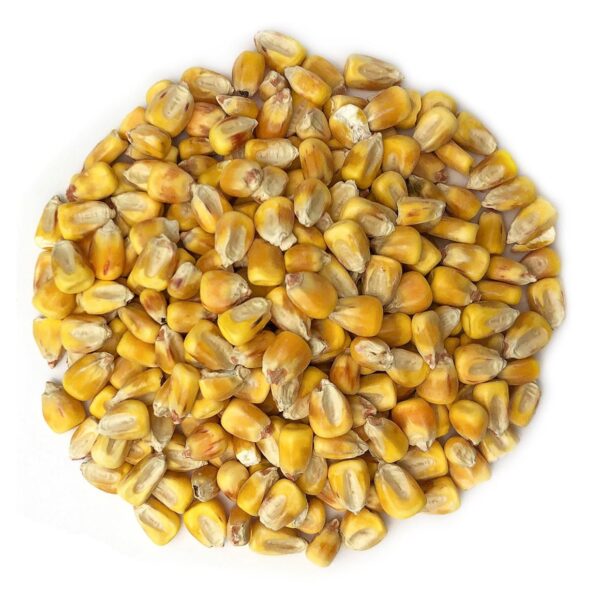
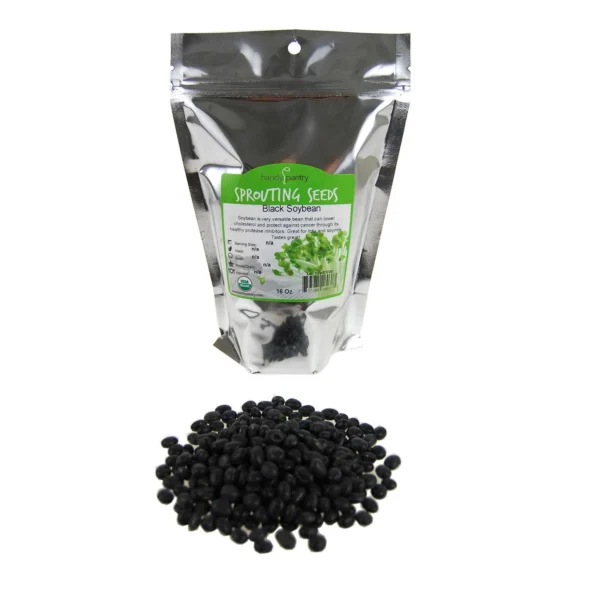
Reviews
There are no reviews yet.